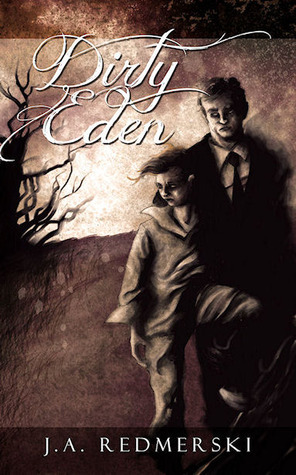
Song of the Slums
Book Description
In a city where hope struggles to survive beneath layers of grime, a haunting melody weaves through the shadows of the slums, calling to the desperate and discarded. When a gifted street singer discovers the dark secrets hidden in her community, she must choose between standing up for the truth and risking everything she loves. As dangerous alliances form and rivalries ignite, the vibrant energy of the streets clashes with the stark realities of betrayal. Will she find the strength to transform the song of her life into a powerful anthem for change, or will silence claim her voice forever?
Quick Book Summary
"Song of the Slums" by Richard Harland is set in a gritty, atmospheric world inspired by Victorian-era industrial cities. The story follows Astor, once an aristocrat, and Verrol, a talented inventor, as they struggle to find their place in the city of Brummingham's impoverished slums. Amid crumbling factories and soot-filled skies, Astor discovers an unexpected passion for music and performance, drawing on the rhythms and soul of street life. As she and Verrol form a ragtag band and pioneer a new, electrifying kind of music, they become targets of social elites and criminal gangs alike. Facing betrayal, prejudice, and sabotage, Astor must decide whether to fight for her dreams and those she loves, or fade quietly into obscurity. The novel weaves together themes of self-discovery, courage, and the transformative power of music against a backdrop of social unrest and invention.
Summary of Key Ideas
Table of Contents
The Transformative Power of Music
Astor Vance, once accustomed to life among the upper class, finds herself cast into the heart of Brummingham’s grimy slums following her family’s decline. Struggling to adapt to the harsh realities of poverty, she meets Verrol, a clever inventor with ambitions as battered as her own. Together, they navigate a world marked by filth, corruption, and strict class divides, where hope is scarce and dreams seem out of reach. Music becomes both their escape and tool, drawing them together and offering a glimmer of something more.
Class Struggle and Social Inequality
As Astor discovers her voice amid the grinding hardship, she and Verrol experiment with a raw, energetic sound inspired by street rhythms—a far cry from the genteel music of her past. Their new band, featuring other streetwise outcasts, galvanizes the slum community and sparks the beginnings of a cultural revolution. The intoxicating beats and heartfelt lyrics capture the pain and aspirations of the poor, threatening the established social order and antagonizing both criminal elements and the elite.
Identity, Courage, and Self-Discovery
Tensions escalate as powerful adversaries on both sides move to quash the innovation. Personal relationships become tangled by jealousy, rivalry, and betrayal, forcing Astor and her friends to confront hard questions about loyalty, trust, and the costs of ambition. Astor faces agonizing choices when the safety of those she loves is put in jeopardy, revealing the limits of personal sacrifice and the strength that comes from standing up for truth.
Betrayal, Loyalty, and Forgiveness
Motivated by a growing sense of responsibility and a longing for positive change, Astor transforms from a disillusioned exile into a bold leader. She uses her music to unite the downtrodden and confront injustice, refusing to let fear or intimidation silence her. The band’s journey challenges societal traditions and exposes corruption, as Astor and Verrol champion both artistic freedom and the collective power of community.
Innovation and the Spirit of Change
"Song of the Slums" ends on a note of gritty optimism: while not every battle is won, Astor’s resolve inspires others to raise their voices and dream of a better future. Music—raw, defiant, and beautiful—remains a force for transformation, echoing through the city’s narrow streets and giving hope to those still struggling in the shadows.
Download This Summary
Get a free PDF of this summary instantly — no email required.





